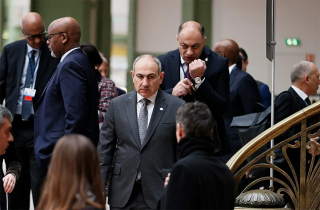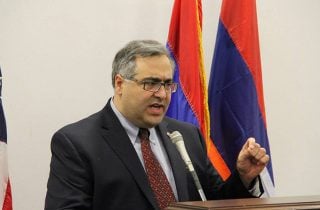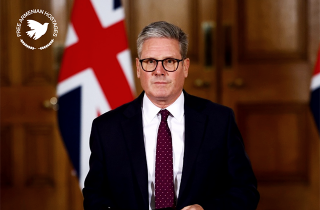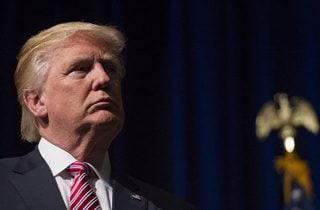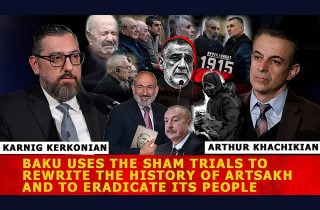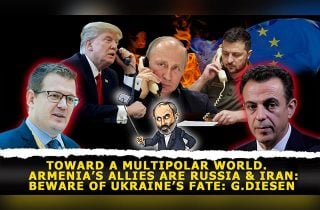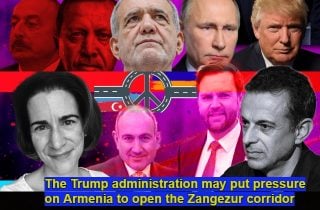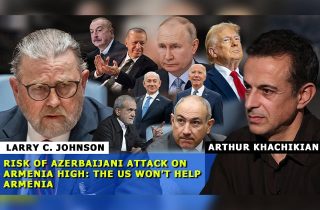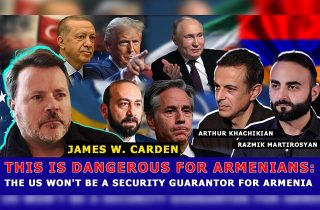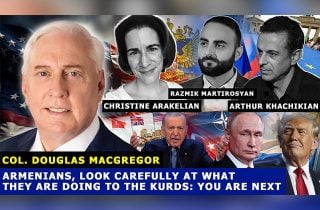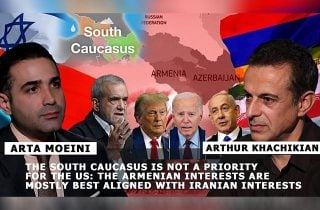
“Azerbaijan Goes on with Great Political Bluff”
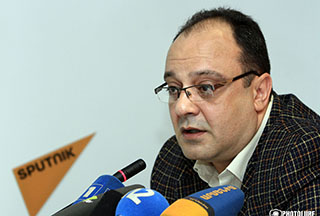
Interview with Karen Bekaryan, NA RPA Faction MP.
Destiny of the draft law on recognition of Artsakh Republic was conditioned by uncertain future developments of RA Government. Opinions of the public on this divided into two groups: now is the most favorable moment for recognition, and recognition is full of threats and may lead to a wide-scale war. What do you think of this?
That perception—recognition and war, is rather deep, i.e. recognition has concrete purposes, and if the process shows that issues may be settled, there is necessity for choice of the proper time. The approach that as a result it’ll automatically be this or that, isn’t so acceptable for me, as we do something correct. Recognition is a political process element, and we intend to imagine political process on the same balance with the military one. Each of the sides possesses its own arsenal of political processes, and it’s being implemented. It’s another issue, when one has to go to recognition, when there is no way out, i.e. the thesis repeatedly stated by the Republic of Armenia, if a wide-scale war or military adventurism is recorded, Armenia will take that step.
Generally, there is an issue of choice of the moment. Let me bring a simple example: if it’s not obliged, we have always set it as a purpose and currently strive to that—NKR international recognition. An issue arises here, if your recognition will contribute to international recognition or not, i.e. a chain of recognitions will follow Armenia’s recognition or not. However, if it leads to the condition, like in case of Turkey-North Cyprus, I don’t consider this was the purpose pursued by any of us. I realize, that this complicated situation and tension have mixed, and all confusion stems from that.
If time comes and Armenia recognizes NK status, what will follow that?
The issue should be divided into two parts: if the moment comes and political processes are beneficial for its recognition, at least, we should have that sense, that extension of international recognition element will follow it, and that it doesn’t start and end in Armenia. Secondly, if it refers to the fact, that the moment has come and we had to do that, when it’s becoming a necessity, i.e. like in case of military operation or a great force majeure, this is another issue, and that time we provide our maximal engagement and increase the toolset to be the security guarantor. These are different situations. What we currently edify is in the second one, as tension didn’t weaken.
Azerbaijan continues accumulations on the border and refuses to return to the negotiation table, rejecting 3 claims by Armenia, mediators continue calls on peace, and Armenia says the ball is in Azerbaijani field. What should be recorded in this situation? What is the exit?
You mentioned resolutions, theses, judgments, which in many cases may be considered dubious. We know about accumulations and that’s the point, that tension won’t slow down. At the same time continues the great political bluff, and Azerbaijani lamentation before the international community was within this. I don’t consider they’re mistaken in Azerbaijan, simply they tried to gain some dividends from that. At the same time, Azerbaijan says it’s ready to negotiate and doesn’t reject negotiations, although it doesn’t reduce tension, i.e. accumulations won’t decrease, troops don’t move to their usual locations, threats in rhetoric continue and etc.
As for Co-chairs, I think, very little of their activity is visible now. I consider, that shuttle diplomacy is rather active, although we don’t observe it. This means, difference in certain dispositions of the conflicting sides is also in not observing it, which isn’t becoming so shaped, so that we might see the negotiation table and parties willing to negotiate around it. Here the observed differences might be understood as well. Another aggression by Azerbaijan against NKR was recorded, which brings forward the following: firstly, respectable Co-chairs, what does it mean speaking of goodwill and negotiations when shootings are underway and this total phase of killed civilians and soldiers isn’t suspended? Isn’t is clear that, first and foremost, all armaments should be put to silence? Secondly, what may occur beyond this, that you realized, that the first and the most essential element for negotiations is Azerbaijan-Karabakh talks? Their aggression is directed to NK, accompanied by cruelties and crime, and you want NK not to be at the negotiation table?
Putting aside all this, this is a moral issue, i.e. I think it’s among the significant issues. Finally, does that friend want peace, as when one raises the negotiation flag, he intends peace and settlement of the issue through negotiations? Or that friend attempts to implement actions diverting attention from negotiations to military actions, and from military ones to negotiations, as they wish. These are issues which Armenia or NKR should set. If we observe from Azerbaijani positions, it intends to avoid from responsibility and negotiate from a situation, as if nothing has happened, i.e. issue of OSCE MG Co-chairs is being able to create a situation, that negotiations were possible. We don’t observe it, however, they actively move by invisible diplomacy tubes.
By Gayane Khachatryan





